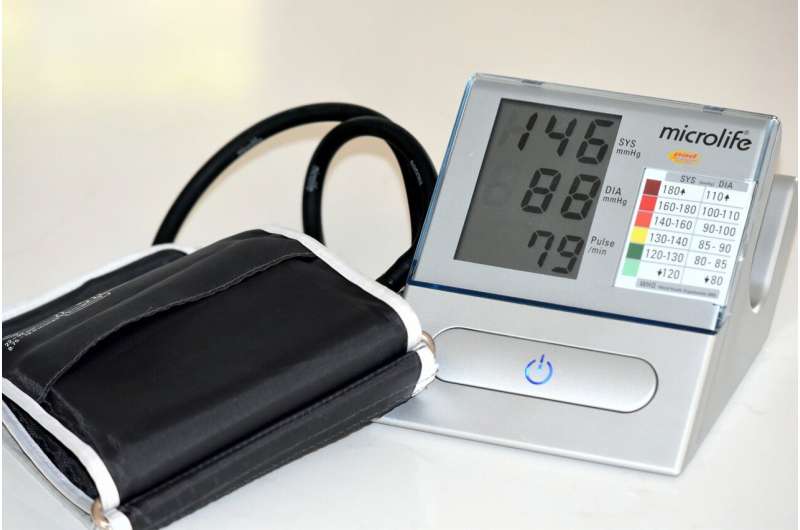Nighttime Blood Pressure Medication Dosing Enhances Nocturnal and Daytime Blood Pressure Control: Findings from a Clinical Trial

A clinical trial finds that taking blood pressure medications at night improves nocturnal and daytime blood pressure management, offering a promising strategy to combat hypertension and reduce cardiovascular risks.
Recent research conducted by Sichuan University in China has demonstrated that taking antihypertensive medications at bedtime leads to improved management of blood pressure during both nocturnal and daytime hours. The study, titled "Morning vs. Bedtime Dosing and Nocturnal Blood Pressure Reduction in Patients With Hypertension," was published in JAMA Network Open and provides compelling evidence supporting chronotherapy in hypertension treatment.
Hypertension remains a significant global health challenge, affecting nearly 300 million people in China alone. Managing elevated blood pressure is crucial, especially since nocturnal pressure is often the most difficult to control and has been identified as a strong predictor of cardiovascular events such as heart attacks and strokes.
The trial enrolled 720 adults aged between 18 and 75 years across 15 hospitals in China. Participants, who either had no prior antihypertensive treatment or had temporarily discontinued medication, were randomly assigned to receive their medication either in the morning (between 6:00 and 10:00 AM) or at bedtime (between 6:00 and 10:00 PM). All subjects received a combination pill containing olmesartan (20 mg) and amlodipine (5 mg), with dosage adjustments made every four weeks based on blood pressure monitoring.
After a 12-week period, those in the bedtime dosing group experienced a greater reduction in nighttime systolic blood pressure, with an average decrease of 3.0 mm Hg compared to the morning group. Diastolic blood pressure during nighttime also decreased more significantly in the bedtime group. Notably, the proportion of patients achieving nighttime systolic blood pressure control was higher among those who took their medication at night (79.0%) compared to the morning group (69.8%). Similarly, office-controlled systolic blood pressure was more prevalent in the bedtime group.
Importantly, delaying medication to bedtime did not increase the risk of adverse effects or nocturnal hypotension, and it resulted in fewer dose escalations. These findings suggest that bedtime antihypertensive intake can be a safe and effective strategy to improve circadian blood pressure control without compromising safety.
Overall, this research supports the concept that chronotherapy—timing treatments to align with biological rhythms—can enhance blood pressure management. This approach could help reduce the risk of cardiovascular complications associated with uncontrolled nocturnal hypertension, thus offering a promising avenue for future hypertension treatment guidelines.
Stay Updated with Mia's Feed
Get the latest health & wellness insights delivered straight to your inbox.
Related Articles
NIH Scientists Face Continued Layoffs Despite Reassurances from RFK Jr.
Despite reassurances from RFK Jr., top NIH scientists are still facing layoffs, risking a significant setback for neurological research and scientific progress.
Early Childhood Socioeconomic Disadvantage and Its Impact on Biological Aging
A groundbreaking study reveals that socioeconomic disadvantages in childhood can accelerate biological aging, impacting long-term health and increasing disease risk. Early intervention policies are essential to mitigate these effects.
Development of the First Global Guidelines for Managing Pregnancy in Women with Inflammatory Bowel Disease
New global guidelines provide evidence-based recommendations for managing pregnancy in women with inflammatory bowel disease, ensuring better maternal and neonatal outcomes. Learn about the latest consensus on medication safety, preconception care, and postpartum monitoring.
Dengue Infection Alters Immune System and Influences Vaccine Effectiveness
New research reveals how dengue infection reprograms the immune system, impacting vaccine responses and disease severity, paving the way for improved vaccine strategies.



